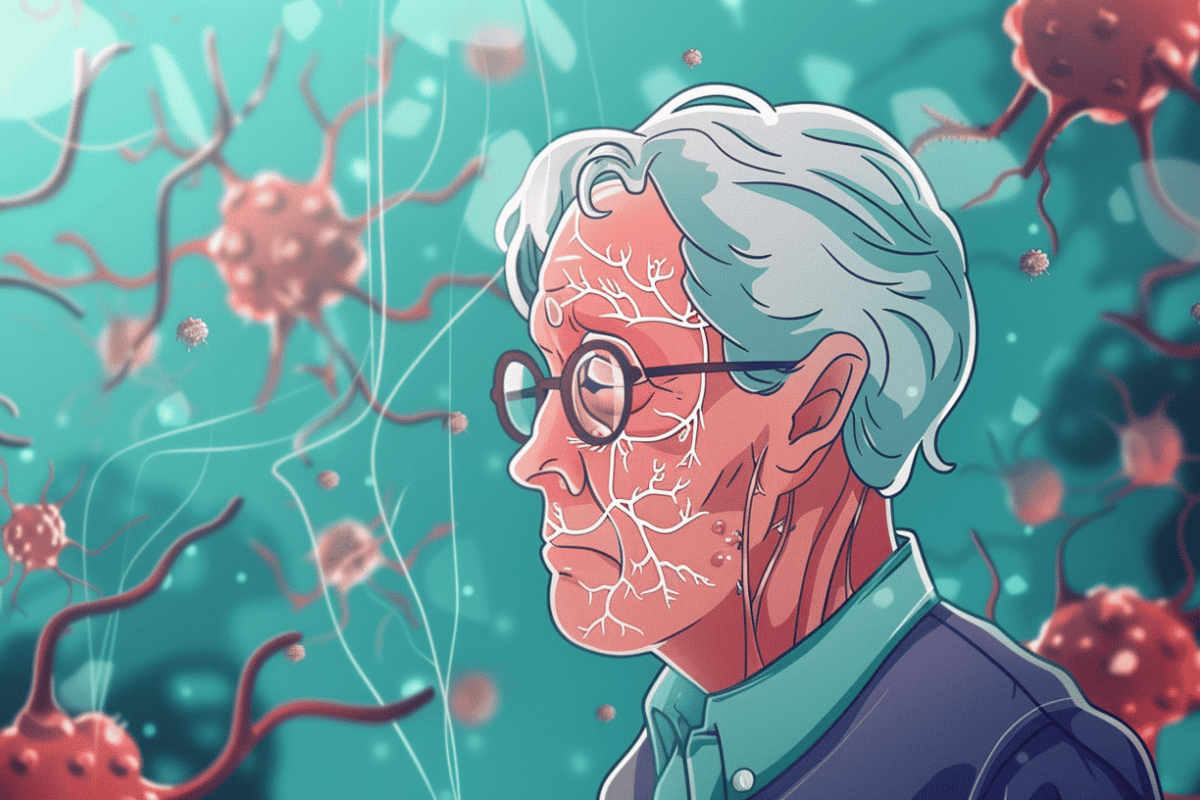We live in an ever-changing world. Many technological advances that are commonplace in today’s world were at one point viewed as science fiction. Artificial intelligence, or AI, is one such example. With it being used in various applications, AI has single-handedly transformed many different industries. In this article, we will take a closer look at how AI has positively impacted the healthcare industry.
How AI Has Transformed The Healthcare Sector
Technical advancements that have entered the healthcare industry have ultimately changed how patients are treated by doctors. In addition to improvements in patient care, AI has played a valuable role in how doctors and other medical professionals do their jobs. From patient diagnosis to treatment plans, drug discovery, information sharing, and operational improvements, AI has been a great help to the healthcare industry just as it has in the other industries that rely on it for accuracy and working in adverse conditions.
According to this article Healthcare Weekly here are a few trends you should pay attention to.
1 – Digital Consultation
Although the concept of digital consultation is not new, the “old way” of doing it had severe limitations that were directly related to the available technology of the day. New and advanced developments in artificial intelligence have corrected these problems. Now patients can consult with doctors seamlessly.
The advancements include two main components:
Deep Learning
This has enabled users to formulate better-informed decisions rather than impulsively quizzing or prompting the doctor. Systems that are AI-driven have gained their knowledge from data collected from real cases and can relate information that is relevant to the patient’s health records and medical files.
Natural Learning
The advanced natural learning process employed by AI makes it easier to respond correctly to questions from a patient. AI can efficiently learn and understand the complexities of regular conversation and pull out the information required. As a result, it has transformed the way machines answer those questions. With this knowledge, AI begins to learn more about circumstances that are the cause or result of certain ailments.
2 – Drug Discovery
AI systems have become vital partners in medicine development. As they can leverage large databases that contain critical information, they are capable of identifying potential new and innovative therapies. The value in these medical advancements means that severe disease treatment is now possible.
There is also the possibility that AI can discover new drugs that could be used to cure deadly diseases more efficiently. AI can help scientists and researchers by tracking drug development and analyzing subtle trends of medicine. All of this can be accomplished in a fraction of the time used with traditional methods.
3 – Robotic Assistance
There will be no robotic takeover of human doctors any time soon. However, when you combine the robustness of robots with the skills of surgeons, you create an incredible combination of healthcare providers. The precision of AI-driven robots has been able to assist in operating rooms for years with fewer mistakes.
Robotics in healthcare makes sense on many different levels. It can improve the efficiency of patient care, provide vital details on the health of patients, and even provide diagnosis suggestions. It can also provide an extra hand to a surgeon through microsurgery providing better patient outcomes with faster recovery times.
4 – Virtual Follow-Up
Doctors typically work around the clock but for patients requiring regular care and checkups, this can be problematic. AI systems can assist busy doctors in this instance with AI-driven chatbots. A chatbot can give a patient ongoing support and provide the steady attention some patients need as part of their treatment plan.
All the patient is required to do is feed their issue to the chatbot and within seconds, an effective solution will be shared. As technology continues to advance, patients will not have to enter their information as the AI-driven bots will diagnose and treat patients based on the information they have already “learned” from the patient.
Speaking Of Diagnosis…
Another very important way in which AI has assisted the healthcare industry is through diagnosis. At one time, in the not too far past, diagnosing disease was a long and involved task. AI applications now cut through the information in mere seconds and have helped doctors and other medical professionals greatly.
AI can diagnose patients fast and accurately. With the use of AI in cardiology and radiology departments, severe issues have been identified early. For example, cancer cells discovered at an early stage can be treated long before they can become far more serious an issue. AI can do this and reduce errors along the way.
The Future Of AI
There is a bright and promising future for AI in the healthcare sector. Expect to see more improved models in the next few years that will target such tasks as improving diagnosis, identifying risks, and promote the development of new medicine. The AI-driven systems of the future would also assist medical facilities with many tasks.
These tasks would include mitigating data risks to protect information collected and stored on huge databases, providing more operational efficiency, and continued improvements in patient care. In other words, the things that are working now with AI would only get better with continued advancements in technology.
In Conclusion
What was once the topic of science fiction books and movies is now a reality. Artificial intelligence is with us to stay. It is not a bad thing as portrayed in several movies. If anything, AI has become a hard-working partner in the healthcare industry. It has provided support and assistance to doctors, medical staff, and patients.
With the continued advancements in new technology, AI is expected to keep moving forward and improving what it has been providing to date. Expect to see great improvements to processes that have already transformed into more efficient operations since AI was first introduced. It is safe to say that the science fiction genre got part of it right when AI was created as a plot driver. When applied in real-life situations, AI has become a valuable tool that assists as much as it works.
This article has been sponsored by Digital Authority Partners
Digital Health Buzz!
Digital Health Buzz! aims to be the destination of choice when it comes to what’s happening in the digital health world. We are not about news and views, but informative articles and thoughts to apply in your business.



One comment
Maryam Hamdollah-Zadeh
January 31, 2024 at 10:45 am
Hi,
Is it possible, please, to send me a presentation for teaching purposes to be understandable in a clinical environment with different backgrounds and levels of education (Drs, Nurses and admin team)?
I really appreciate as I think, as it is an early day of AI, the more people understand its application, the more benefits the patients’ care.
Thanks,
Dr Maryam Hamdollah-Zadeh